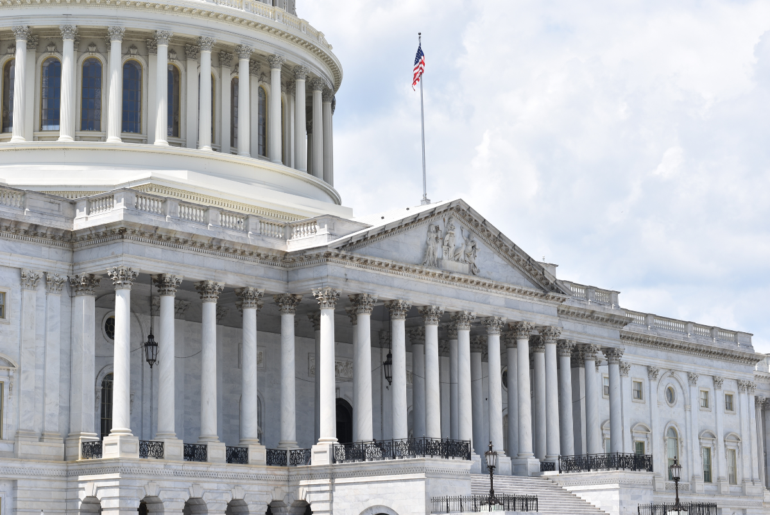So many of the services and programs parents rely on are at risk due to the ongoing government shutdown. From food assistance to disaster relief, these vital resources depend on federal funding—not to mention healthcare, which is at the heart of this shutdown.
Due to the Trump administration’s spending bill, millions of families will soon be kicked off of Medicaid. Those relying on Affordable Care Act subsidies to afford healthcare will see their premiums soar an average of 136 percent if the tax subsidies are allowed to expire.
Lawmakers failed to reach an agreement on whether to fund these healthcare programs, sending the federal government into a shutdown last week on October 1. A government shutdown can have far-reaching impacts throughout the country, touching everything from government benefits to travel.
Here’s a quick guide for what to expect during the government shutdown—
- Government employees: 750,000 federal workers will be furloughed without pay until the government reopens. Essential workers like food safety inspectors and wildfire response services are expected to continue working without pay. The president and members of Congress will continue getting paid.
- Air travel: TSA agents and air traffic controllers are considered essential workers so they are still expected to work, but most won’t get paid while the shutdown continues. Federal employees could see their first full missed paycheck on October 24, while for the military it will be October 15. Expect slower security lines and more delays the longer the shutdown continues.
- Disaster relief: Government agencies and programs like FEMA and the National Flood Insurance Program will run out of funding within days.
- Food assistance: WIC only has enough funds to continue operations for up to two weeks. SNAP benefits are distributed a month in advance, so people have already received their October benefits. There may be reserve funding to tap into after that, but officials warn that if the shutdown continues, November benefits could be delayed even if funds are available.
- Federal benefits: Social Security, Medicaid, and Medicare recipients will continue to receive their benefits, but services may be delayed.
- Public lands: National parks will mostly be open (except in cases where it’s possible to physically prevent people from entering), but the staff will be limited and most indoor facilities and campgrounds will be closed.
- Collections: Student loans and tax payments will continue to be collected on time.
- Projects and contracts: New small business loans, federal contracts, and green energy projects will be paused for the duration of the shutdown.
While some public services like the US Postal Service and federal court proceedings will continue as usual, more and more families may start to see the impacts of the shutdown the longer it continues.







